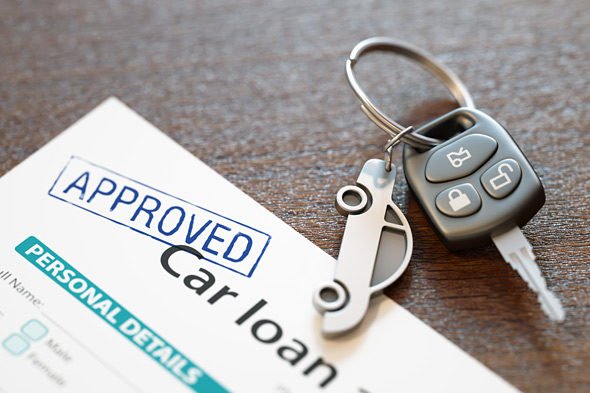
While state lemon laws and federal warranty laws offer legal remedies to many consumers, there are situations where our law firm will use other consumer protection laws. While many car dealers and salespeople are honest and ethical, the auto sales industry reputation for high-pressure sales and shady tactics is not entirely undeserved. Stern Law, PLLC is committed to protecting consumers from sharp and deceptive practices involving auto purchases and financing.
While many people have a vague conception of the notion of auto fraud, there is a broad range of fraudulent practices and responsible parties for this type of conduct. Depending on the precise type of auto fraud, you might have a valid legal claim against automakers, service contract companies, car dealerships, finance companies, and extended warranty companies. The reason that so many different parties might be legally responsible for fraud is that misrepresentations, fraud, and deceptive practices can occur at all stages of the vehicle purchase and financing process from misleading advertising to signing the purchase agreement.
Common Forms of Auto Fraud
Motor vehicle consumer protection attorney Ken Stern founded Stern Law, PLLC over 35 years ago and has successfully represented many frustrated and cheated vehicle owners.
Ken has provided a list of some common types of auto fraud he has seen in his law practice:
- Undervalued Trade-In: Auto dealerships often undervalue or underpay for a purchaser’s trade-in.
- Improper Inflation of Invoice Price: The invoice price is falsely inflated through practices like double counting certain amounts by adding them to the invoice figure, such as destination fees that were already included in the invoice total.
- Odometer Rollback Fraud: The odometer is rotated back, so the vehicle mileages is underrepresented.
- Bait and Switch: This type of false advertising involves selling an advertised vehicle for more than the advertised price or switching a cheaper vehicle for the advertised vehicle.
- Add-On Concealment: Hiding add-on options during the purchase negotiations but adding the price of the add-ons to the final contract price.
- Vehicles Returned to Dealers: A dealer sells a vehicle as new despite the fact it was returned to the deal often because of defects.
- Failure to Disclose Demonstrator or Executive Vehicle: When the dealer uses vehicles as demonstrator vehicles, the prior use of the vehicle must be prominently disclosed.
- Salvaged Vehicles: Dealer fails to disclose the vehicle has been salvaged following a collision
- Backdating/Rewriting Contract: The dealership might request that you complete a new contract but not backdate the contract to the original purchase date even when an Acknowledgment of Rewritten Contract is executed.
- Failing to Disclose Flood Damage: When flooding impacts a vehicle, corrosion of the electrical system occurs, causing components of the electrical system to malfunction, including safety features. Undisclosed flood damage impairs the vehicle’s value and operation.
- Conditional Delivery Scam: The auto dealer and buyer agree to all terms and conditions of the sale, including purchase price, interest rate, down payment, the length of payment term, and trade-in value. After the buyer has taken possession, the dealer indicates that the lender wants to change the terms, so the purchaser is left with less favorable for the buyer. The buyer is told to return the vehicle unless the revised terms are approved.
These are just a few forms of vehicle fraud that might entitle consumers to pursue fraud claims. Ken Stern’s extensive experience handling vehicle fraud and lemon law claims furnish aggrieved vehicle owners with the resources, expertise, and experience to take on large auto retailer and vehicle manufacturers.
There are several ways that consumers can reduce the risk of being victimized by consumer fraud. For example, the mileage indicated on the odometer should be confirmed. Crooked or misaligned mileage numbers on the odometer might be a sign of tampering. The condition of the vehicle should be consistent with the indicated mileage. The buyer also might verify the mileage by locating an oil change or maintenance sticker present under the hood, in the trunk, in the left front window, or in the left door frame. The dealer also must provide a written statement confirming the mileage or commit a potential violation under the Truth in Mileage Act.
Speak to an Auto Fraud Lawyer
If you have been the victim of any of the schemes above or experienced any other form of vehicle fraud or misrepresentation, Stern Law, PLLC offers tenacious representation and takes on automakers and dealerships. We welcome the chance to speak with you, so call Stern Law, PLLC at 844-808-7529 or submit a confidential lemon law inquiry form today.



 (844) 808-7529
(844) 808-7529

 (844) 808-7529
(844) 808-7529